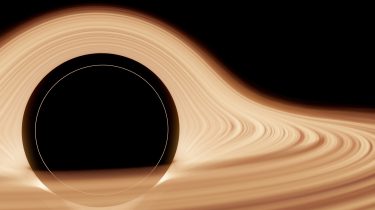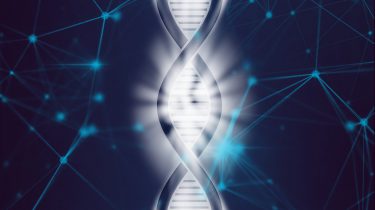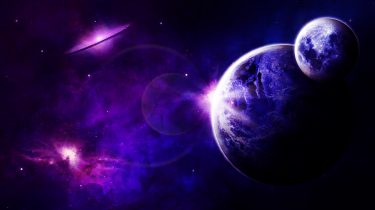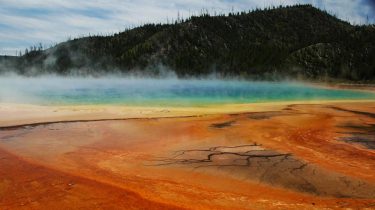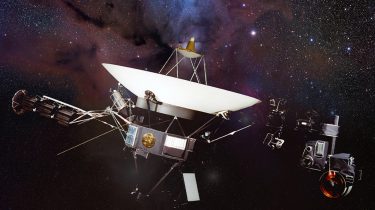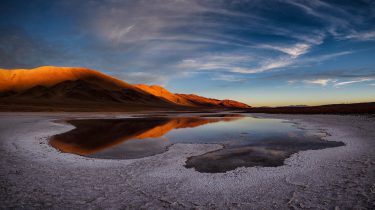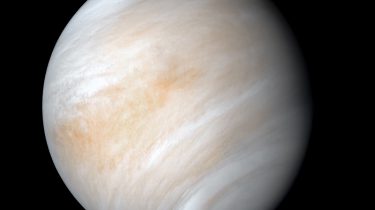Ecosystems in Space Habitats
By Luke Concollato People have been observing how ecosystems function since humans first began hunting. When our primitive ancestors began cultivating land they embarked on a journey to work with nature. This journey continues today as modern ecologists unravel nature’s complex relationships. Ecologists invented a way to quantify how nature contributes to our quality of life with a concept called “ecosystem services.” Ecosystem services have been developed to describe the various ways nature benefits our lives. Ecosystem services are divided […]
Read more

